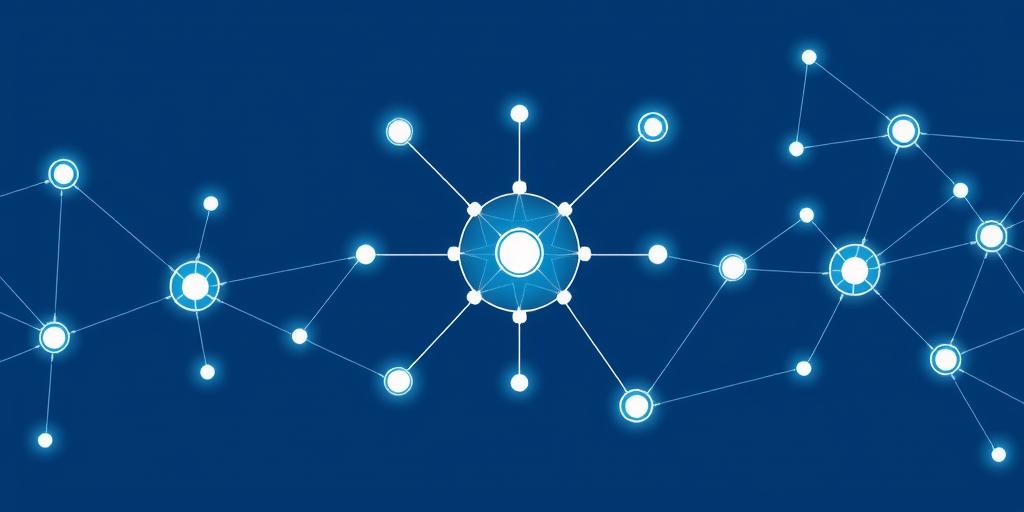Decentralized Autonomous Organizations (DAOs): The Future of Governance? (2025)
Decentralized Autonomous Organizations (DAOs) have emerged as a fascinating and potentially revolutionary model for governance and organization in the digital age. As we move into 2025, it’s crucial to understand what DAOs are, how they function, and what their implications might be for the future.
What is a DAO?
At its core, a DAO is an internet-native organization collectively owned and managed by its members. Decision-making is driven by proposals and voting, all executed transparently on a blockchain. This means that instead of a traditional hierarchical structure, DAOs operate on the principles of decentralization, autonomy, and transparency.
Key Characteristics of DAOs
- Decentralization: Power is distributed among token holders rather than concentrated in a few hands.
- Autonomy: Rules are encoded in smart contracts, which automatically execute decisions once voting thresholds are met.
- Transparency: All transactions and governance decisions are recorded on a public blockchain, making them verifiable by anyone.
How DAOs Function
- Smart Contracts: The foundational rules of the DAO are written into smart contracts, which are self-executing agreements on a blockchain.
- Token Governance: Members typically participate in governance by holding tokens, which grant them voting rights. The more tokens a member holds, the more influence they have.
- Proposals and Voting: Members can propose changes or initiatives, which are then voted on by the community. The voting process is transparent and auditable on the blockchain.
- Treasury Management: DAOs often manage a treasury of digital assets, which can be used to fund projects or initiatives approved by the community.
Use Cases of DAOs in 2025
By 2025, DAOs are being utilized across a wide range of sectors:
- Decentralized Finance (DeFi): DAOs govern many DeFi protocols, allowing token holders to decide on protocol upgrades, treasury management, and more.
- Venture Capital: DAO-based venture funds enable collective investment decisions, allowing members to pool resources and vote on which projects to fund.
- Social and Community Organizations: DAOs facilitate community governance, allowing members to collectively manage resources and make decisions about the direction of the organization.
- Decentralized Media: DAOs are used to govern media platforms, giving creators and users more control over content and platform policies.
Advantages of DAOs
- Increased Transparency: All transactions and decisions are publicly recorded, reducing the potential for corruption and mismanagement.
- Enhanced Efficiency: Smart contracts automate many administrative tasks, reducing overhead and streamlining operations.
- Greater Inclusivity: DAOs can enable broader participation in decision-making, empowering individuals who might otherwise be excluded.
Challenges and Criticisms
Despite their promise, DAOs face several challenges:
- Regulatory Uncertainty: The legal status of DAOs is still unclear in many jurisdictions, creating uncertainty for participants.
- Security Risks: Smart contracts are vulnerable to bugs and exploits, which can lead to loss of funds or governance manipulation.
- Governance Issues: Low voter turnout and the concentration of voting power among a few large token holders can undermine decentralization.
The Future of DAOs
As we look to the future, DAOs have the potential to transform how organizations are structured and managed. To reach their full potential, DAOs need to address the challenges related to regulation, security, and governance.
By 2025, DAOs are becoming more sophisticated, with improved governance mechanisms, enhanced security measures, and greater regulatory clarity. As a result, DAOs are poised to play an increasingly important role in the digital economy, enabling new forms of collaboration, innovation, and value creation.
